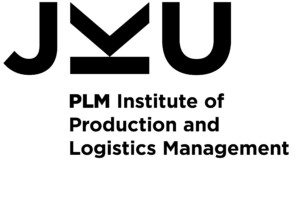Hybrid Algorithms for Redesigning MRP
Projektdaten
Laufzeit: 2020-10-01 bis 2023-09-30
Projektleiter: , FH-Prof. PD DI (FH) Klaus Altendorfer PhD, Univ-Profin. Sophie Parragh PhD
Partner: JKU Linz
Fördergeber: FWF Der Wissenschaftsfonds
Projektbeschreibung
Material Requirements Planning (or MRP for short) concerns medium-term production planning within the widely applied hierarchical production planning framework. It used to determine which items are needed at what due date, when to start their production, and what amount to produce. In spite of its popularity in practice, traditional MRP suffers from a number of problems: machine capacity is assumed to be infinite, demand is assumed to be deterministic, production and replenishment lead times are assumed to be constant (and independent of current system load), and rolling horizon planning aspects are ignored.
The overall aim of this project is to develop efficient modeling and solution approaches to overcome all of these drawbacks and to provide (close to) optimal mid-term production plans. A main focus is the rolling horizon planning aspect in combination with stochastic demand and capacitated production system behavior and the integration of simulation based and optimization based approaches.




